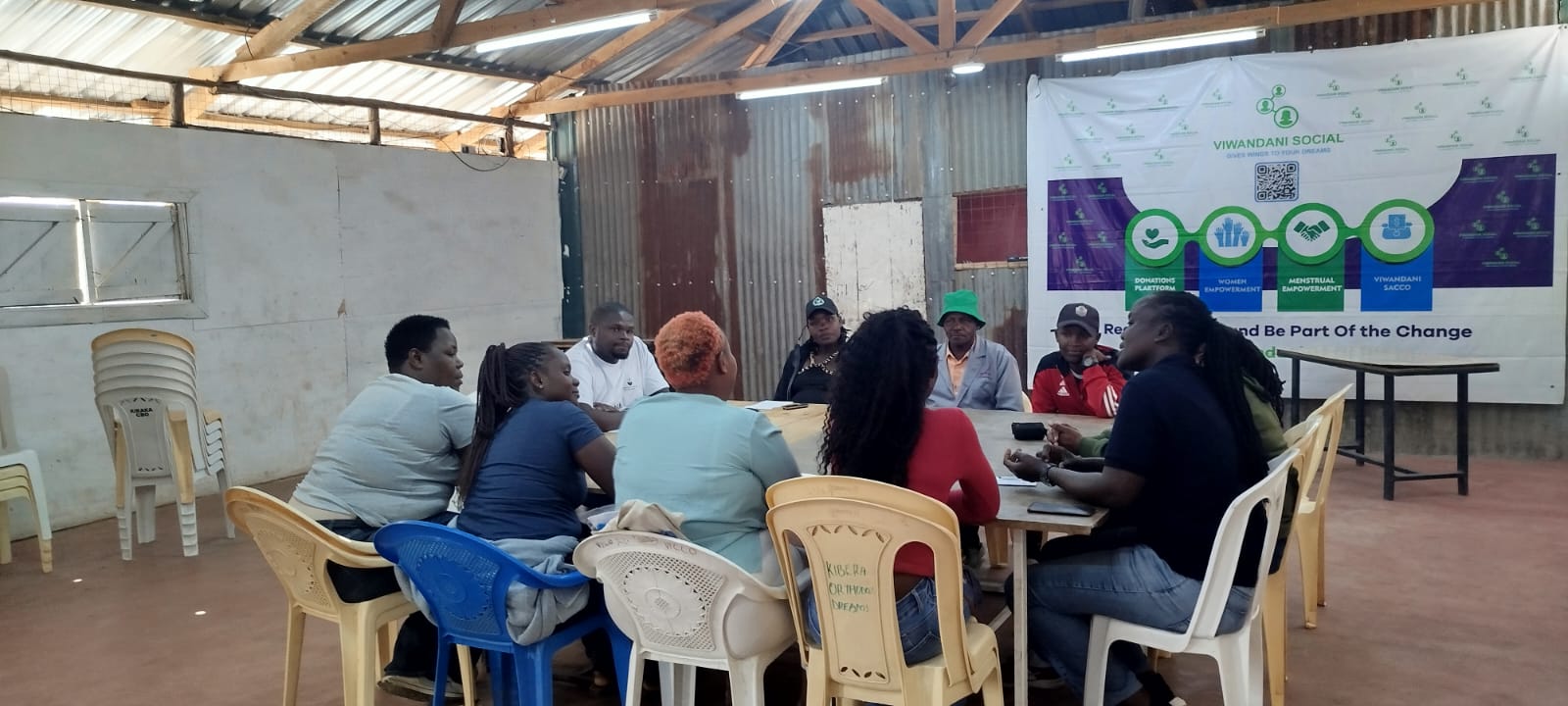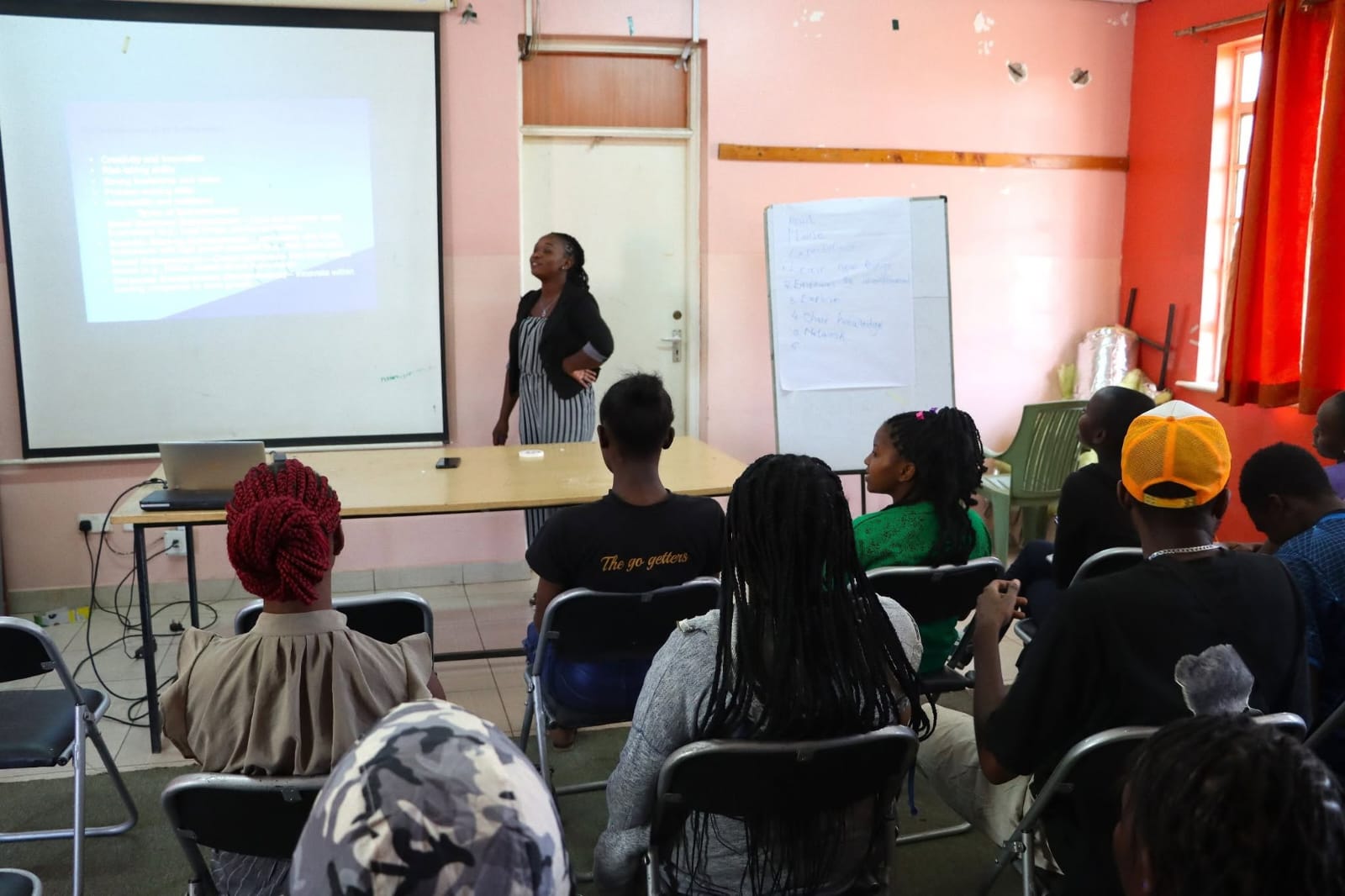FALSE: Photo does not show the drought situation in Embolioi, Kajiado County, in October 2022
FALSE: This image isn’t of a police chopper crash in Marsabit, Kenya, on 13 July 2023

This Facebook post claiming to show the photo of a police helicopter that crashed on 13 July 2023 in Marsabit, Kenya, is FALSE.
The Facebook post reads: “A Police Chopper carrying 15 police officers crashes in Marsabit. 10 dead, others seriously injured.”
When clicked on, a link attached to a video that purportedly depicts the crash redirects to an unrelated Telegram group.
We performed a Google reverse image search and the results showed that the photo was first shared in June 2020. NTV Kenya published the image on 13 June 2020, and it is of a police helicopter crash in Kaithe Kithoka, Meru County. The publication attributed the crash to mechanical problems the aircraft developed while en route to Marsabit.
The helicopter had six occupants, including two pilots and four members of the Eastern Security Committee, according to the then police spokesperson Charles Owino. There were no fatalities but all on board received medical treatment for minor injuries.
There have been no reports from credible media organisations on a recent police plane crash. The National Police Service and the Directorate of Criminal Investigations had as of 14 July 2023 also not released any information on a police aircraft crash.
PesaCheck has looked into a Facebook post claiming to show a photo of a police chopper that crashed on Thursday, 13 July 2023, in Marsabit and found it to be FALSE.
This post is part of an ongoing series of PesaCheck fact-checks examining content marked as potential misinformation on Facebook and other social media platforms.
By partnering with Facebook and similar social media platforms, third-party fact-checking organisations like PesaCheck are helping to sort fact from fiction. We do this by giving the public deeper insight and context to posts they see in their social media feeds.
Have you spotted what you think is fake or false information on Facebook? Here’s how you can report. And, here’s more information on PesaCheck’s methodology for fact-checking questionable content.
This fact-check was written by PesaCheck fact-checker Naomi Wanjiku and edited by PesaCheck senior copy editor Cédrick Irakoze and acting chief copy editor Francis Mwaniki.
The article was approved for publication by PesaCheck managing editor Doreen Wainainah.
PesaCheck is East Africa’s first public finance fact-checking initiative. It was co-founded by Catherine Gicheru and Justin Arenstein, and is being incubated by the continent’s largest civic technology and data journalism accelerator: Code for Africa. It seeks to help the public separate fact from fiction in public pronouncements about the numbers that shape our world, with a special emphasis on pronouncements about public finances that shape government’s delivery of Sustainable Development Goals (SDG) public services, such as healthcare, rural development and access to water / sanitation. PesaCheck also tests the accuracy of media reportage. To find out more about the project, visitpesacheck.org.
PesaCheck is an initiative of Code for Africa, through its innovateAFRICA fund, with support from Deutsche Welle Akademie, in partnership with a coalition of local African media and other civic watchdog organisations.







